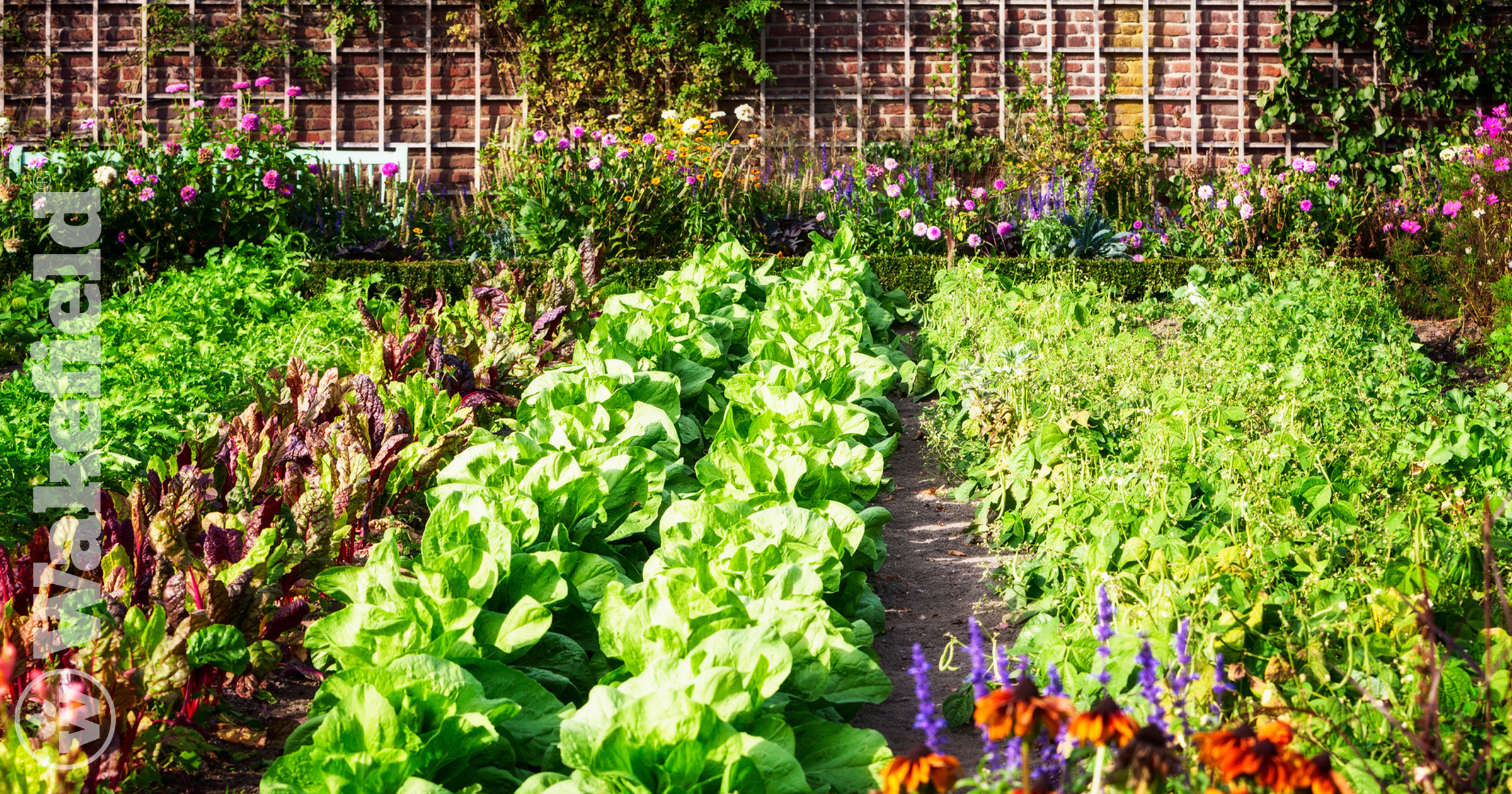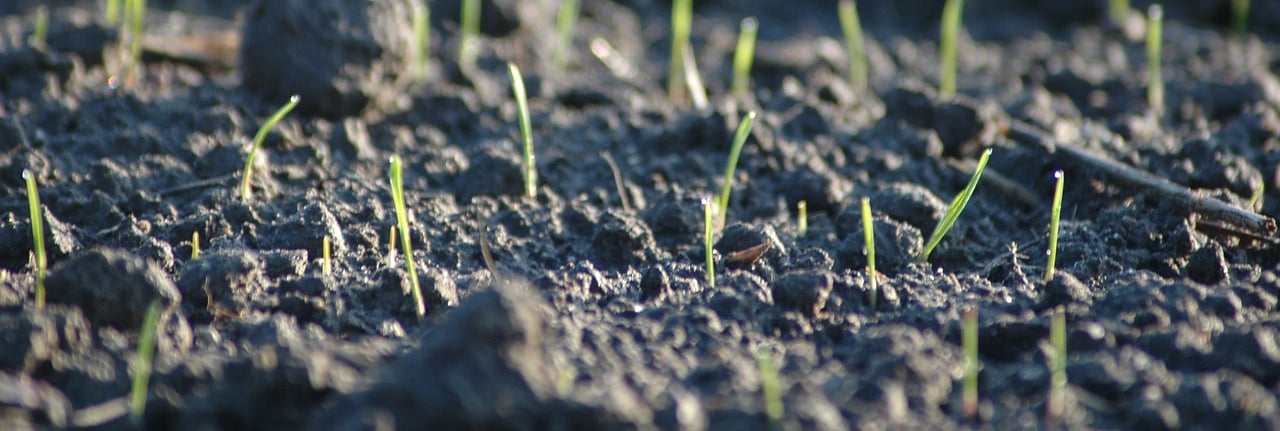How to use Wakefield Biochar to Help Your Organic Plants

Biochar and organic plants are a natural fit. Our premium biochar for organic farming can make all the difference in your soil’s fertility and crop yield.
Biochar: A Natural Wonder for Organic Plants
Conventional agriculture disrupts the soil, increases erosion and subsequent runoff, and pollutes the land with chemicals. Natural soil microbes are depleted, and topsoil is lost to erosion. These practices also send large amounts of carbon dioxide into the atmosphere, which contributes to global warming. Our biochar products for organic farming sequester carbon in the soil so that it does not go into the atmosphere as carbon dioxide. Biochar is the perfect complement to organic plants and organic farming!
What is Biochar?
The use of biochar as a soil amendment dates back thousands of years to indigenous people in the Amazon Basin. By heating agricultural waste at very high temperatures and allowing it to smolder, they created terra preta, the “black earth” that significantly increased the fertility of poor jungle soils.
Today, Wakefield’s biochar is created by pyrolysis, or the heating of biomass at high temperatures in an oxygen-free environment. The result is a highly porous, charcoal-like substance that enhances soil structure by providing a safe habitat for beneficial microorganisms and fungi. These microorganisms aid in providing greater nutrient intake by plants, thus boosting growth and fertility.
Biochar Tips for Organic Plants & Farming
There’s no question that organic farming methods require more work than conventional agriculture. When it comes to organic farming, biochar applications can advance virtually all your practices. Once applied, the benefits of biochar last for decades, if not centuries.
Here a few ways gardeners and farmers use biochar for their organic plants:
Soil Amendment
Incorporating biochar into soil improves its structure, water retention, and nutrient availability. It provides a habitat for beneficial microorganisms and promotes healthy root growth. Biochar does not add nutrients to the soil. But it does naturally retain nutrients, such as nitrogen and phosphorus, making them readily available for root systems. Biochar enhances soil quality for all types, reducing fertilizer needs and promoting stronger root systems by increasing nutrient uptake in plants.
Compost Addition
Mixing biochar into compost piles enhances microbial activity and nutrient retention, resulting in higher-quality compost. This enriched compost can then be used as a soil amendment to improve plant growth and health.
Fertilizer Enhancement
Mixing biochar with organic fertilizers such as compost or manure can enhance their nutrient-holding capacity and slow-release properties. This improves nutrient availability to plants over an extended period, reducing the need for frequent fertilization.
Compost Tea Activation
Adding biochar to compost tea brews can enhance microbial diversity and activity, resulting in a more potent and beneficial soil inoculant. The biochar provides a substrate for microbial attachment and helps retain nutrients and water in the tea solution.
Biochar Amendments in Potting Mixes
Gardeners can incorporate biochar into potting mixes for container gardening. Biochar improves soil structure and water retention in containers, reducing the frequency of watering and nutrient leaching.
Carbon Sequestration
Using biochar as a long-term soil amendment contributes to carbon sequestration, helping mitigate climate change. The stable carbon in biochar remains in the soil for hundreds to thousands of years, offsetting greenhouse gas emissions.
Enhancing and Repairing Soil Structure
Biochar repairs degraded soil, improving drainage and aeration, moderating acidity, and supporting a healthy soil ecosystem. When restoring degraded soil, biochar can bind with pesticides already present, potentially halting their migration into groundwater, and it can also eliminate pollutants such as heavy metals.
Combat soil-borne diseases
Because organic farmers do not use herbicides, fungicides, or pesticides, combating soil-borne diseases is challenging. Biochar can suppress plant pathogens, protecting crops from certain diseases and harmful pests.
Combat drought
Due to its extreme porosity, biochar retains water so that plants have adequate moisture even during times of drought. This soil conditioner is especially useful in erosion-prone areas.
The Promise of Biochar for Organic Plants & Gardens
In conclusion, integrating biochar into organic farming practices offers many benefits, both environmental and economic. By enhancing soil structure, promoting microbial activity, and improving nutrient retention, biochar contributes to healthier plants, increased yields, and reduced environmental impact. It also reduces work for gardeners and farmers! Like terra preta, biochar is excellent at fostering fertile soils. Embracing biochar in organic farming not only addresses environmental concerns but also brings economic rewards through improved crop productivity and sustainability.
You can find Wakefield BioChar products at your favorite retailers, and together we’ll make better soil and a better world.
Happy Planting!







